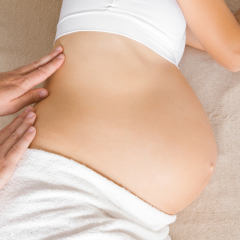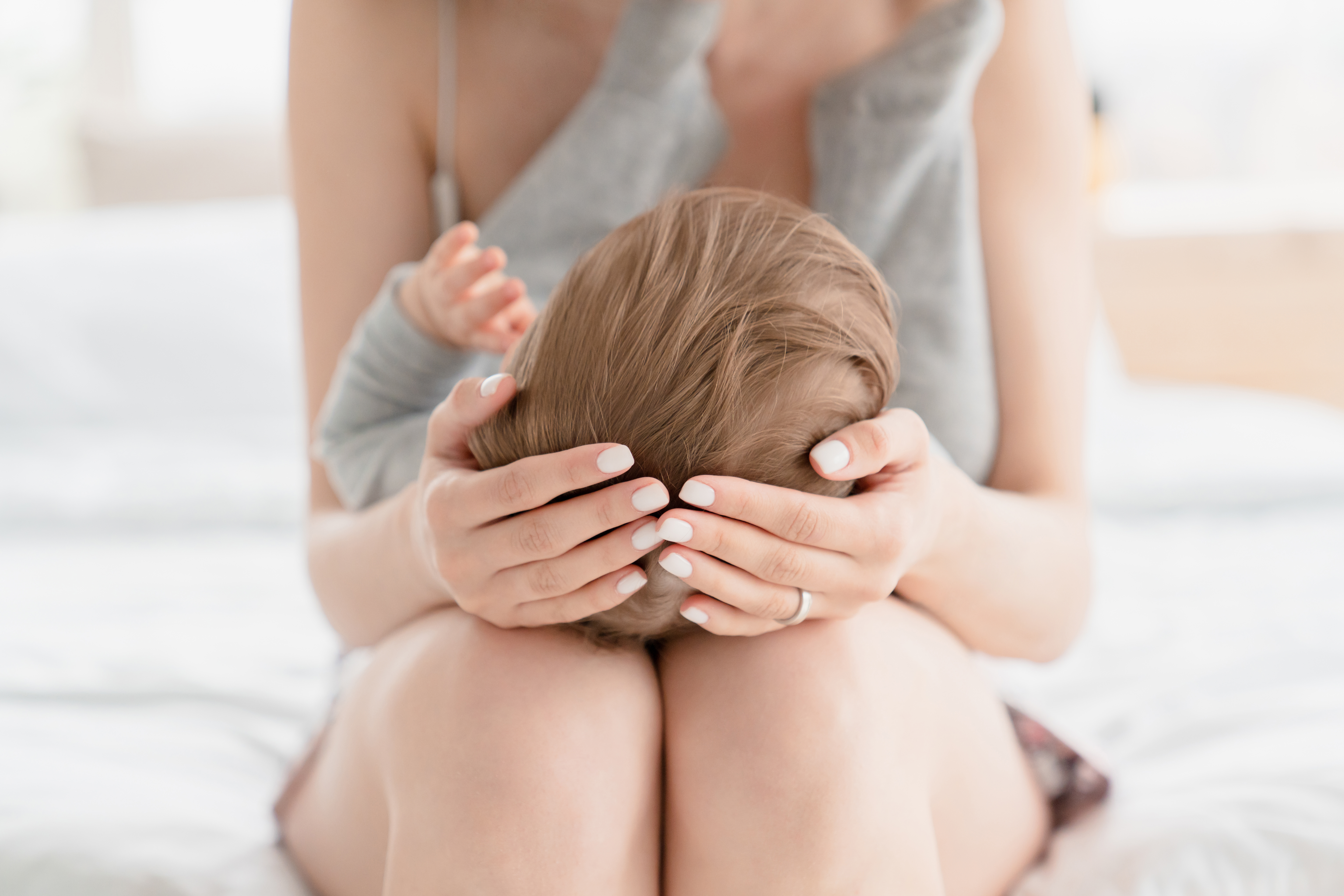Date: 29/Jan/2023
Author: ReproMed Team
Category:
Fertility Specialists, #Same-Sex-Couple, Fertility window
Why is age important in Fertility?
As we age, our fertility naturally declines. This is a fact that many couples may not fully understand when trying to conceive.

In this blog post, we will delve into the reasons why age is so important when it comes to fertility, as well as what steps can be taken to increase your chances of having a family.
First and foremost, it's important to understand that a woman's fertility begins to decline in her mid-to-late 20s. According to the American College of Obstetricians and Gynecologists, a woman's chances of getting pregnant each month are about 20% at age 30 and decrease to about 5% by age 40. This decline is due to a decrease in the number and quality of a woman's eggs. As a result, the chances of a woman getting pregnant and having a healthy baby decrease as she gets older.
Additionally, age can also impact a man's fertility. According to the American Society for Reproductive Medicine, men over the age of 40 have a lower sperm count and a higher percentage of abnormal sperm than men under 40. As men age, the number and quality of their sperm can also decline, which can make it harder for them to father a child.

Furthermore, age can also increase the risk of certain complications during pregnancy. For example, the chance of having a baby with chromosomal abnormalities increases as a woman gets older. According to the Centers for Disease Control and Prevention (CDC), the risk of having a baby with Down syndrome is about 1 in 1,100 for a woman at age 25, and increases to about 1 in 100 for a woman at age 40.
Despite these challenges, there are steps that couples can take to increase their chances of having a baby as they age. For example, couples may consider seeing a fertility specialist, who can help them understand their options and make a plan that's right for them. Additionally, couples may consider using assisted reproductive technologies such as in-vitro fertilization (IVF) to increase their chances of having a baby. According to the National Center for Health Statistics, the percentage of women who used IVF to conceive increased from 1.5% in 2002 to 2.5% in 2015.
In conclusion, age is an important factor when it comes to fertility, and it's important for couples to understand how it can impact their chances of having a baby. However, with the help of a fertility specialist and assisted reproductive technologies, there are still options available for couples trying to conceive as they age. It is always best to consult a specialist and check on your fertility status as early as possible to increase your chances of having a healthy baby.













